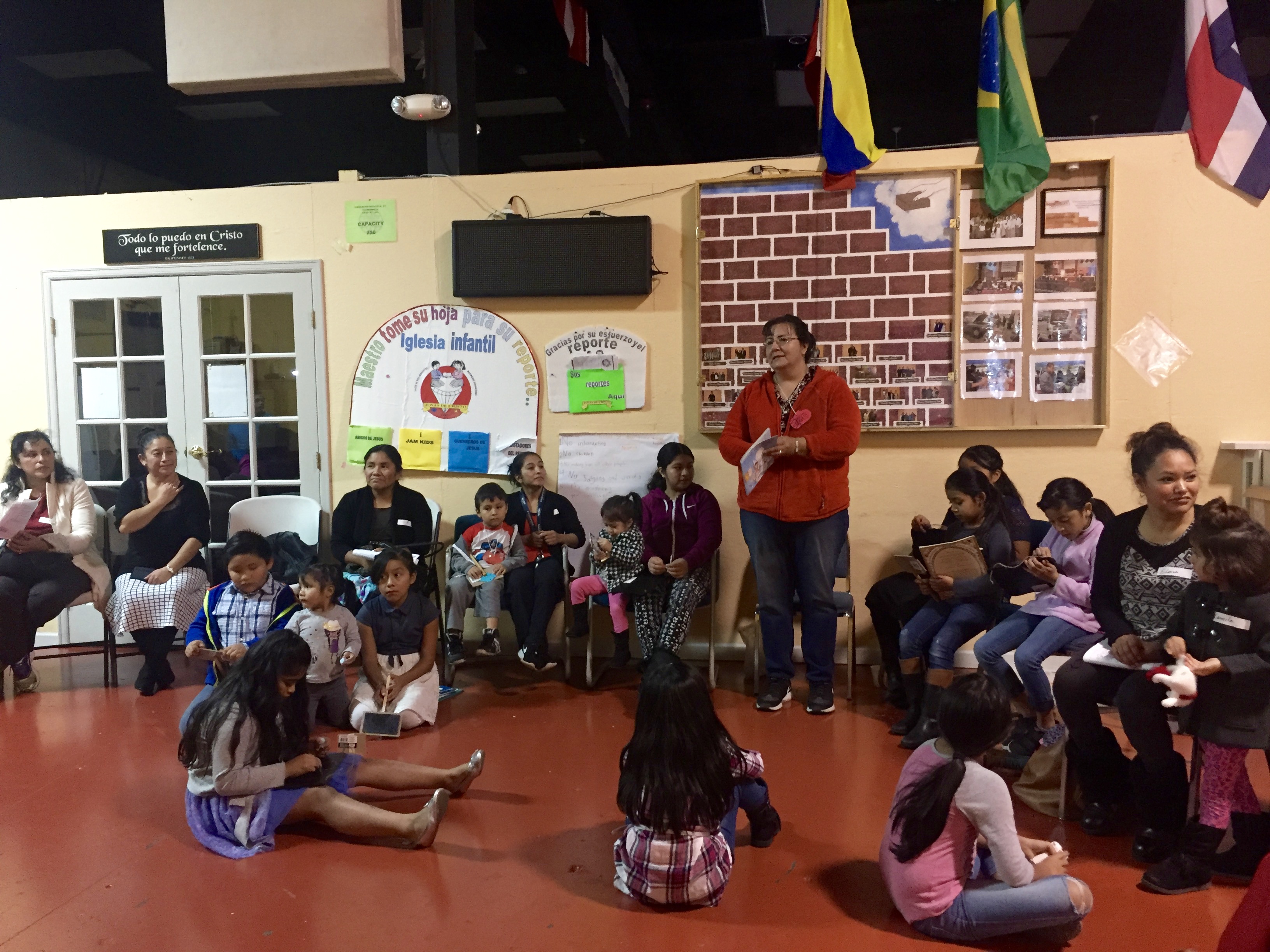During the month of June, we will be running a “community owned data” blog series. This is our kick off post! Every other year, Best Starts collects community data that helps guide our funding strategies. To ensure that we are truly partnering with communities and sharing data ownership, Best Starts partnered with specific communities to have conversations about the data and help us understand it. We learned a lot from this process and want to share our learnings with our larger community here.
Best Starts for Kids Approach to Data
To measure impact and ensure accountability for public funds, Best Starts for Kids allocates 5 percent of all levy money towards data and evaluation. All Best Starts strategies strive to answer the question, “Is anyone better off?”
Best Starts’ data efforts are guided by three principles:
- Accessibility
- Partnerships
- Collaboration
Accessibility
Best Starts for Kids inspires innovation and actively contributes to an evidence base that will equip King County and its partners to improve equity in outcomes for King County residents. In 2017, Best Starts made data available on the Best Starts website. The 45 data indicators help to answer the question of “is anyone better off” by assessing the well-being of children, youth, families and communities throughout King County with interactive maps, graphs, and trends. This is the portion of the website that we encourage funding applicants to draw upon when developing their Best Starts funding applications.
Making the data available is only one part of achieving accessibility. We must also help people find the data and ask for feedback so that we know the data makes sense to others.
Partnerships
Best Starts for Kids values multiple kinds of data so applicants are strongly encouraged to draw upon not only quantitative data but also share qualitative stories to demonstrate how they propose to affect change. Data collection is a partnership between Best Starts staff and partners to show results.
The Best Starts for Kids Health Survey is the product of many partners contributing. Initially conducted between September 2016 and January 2017, the survey provides baseline data and informs Best Starts activities. The survey produced valuable new information, including data on diverse communities rarely represented in data collection.
The groundbreaking new methods we used in the Best Starts Health Survey lead the nation in ensuring our data reflects the strengths and needs of all King County kids and families. A nation-wide panel of epidemiologists selected the Best Starts for Kids Health Survey for the Robert Wood Johnson Foundation (RWJF) National Award for Outstanding Epidemiology Practice in Addressing Racial and Ethnic Disparities.
However, as the Best Starts data team began analyzing the data, we knew that we needed to develop feedback loops with the communities the data represented in order to be truly equitable in our process.
Collaboration & Communal Learning
A shout out to Fakequity as this blog post on weaponizing data came out right around the time we were thinking of how best to analyze and share our Best Starts for Kids Health Survey data. As government, we knew we had to be proactive to avoid unintentionally using data to harm communities. We also heard this message clearly from members of the Best Starts Children, Youth, and Advisory Board. And so our series of “Data Dives” were born.

Alongside community partners including Community Café Collaborative, United Indians of All Tribes Foundation, Open Doors for Multicultural Families, and local grassroots leaders, Best Starts hosted a series of participatory community meetings, coined “Data Dives,” to facilitate joint learning and interpretation with specific cultural and linguistic communities. These collaborative meetings took place between November 2017-April 2018 and built trust, relationships, and shared ownership of the findings. The specific communities included: Latino/a, Black/African-American, Somali, Vietnamese, Chinese, Samoan, American Indian/Alaska Native, and Lesbian, Gay, Bisexual, Transgender, Queer/ Questioning, and Two Spirit families.
In spaces tailored for specific languages and food preferences, participants “dove into data,” sharing unique community perspectives on Best Starts data. Parents and caregivers asked questions about the data, discussed how it related to their lived experiences, and shared their viewpoint on survey results. Children of all ages were welcomed and led through a separate play-based discussion.

The King County Equity and Social Justice Fund provided a $7,500 grant to partially fund the Data Dives. The overarching themes we heard reaffirmed Best Starts strategies and will inform continued implementation.
Takeaways
We are so grateful for all the participants who contributed to our Data Dives. We will be sharing what we learned over the next few weeks and want to continue learning with you all. Data Dive participants requested that the two-way dialogue continue, and we are excited to continue learning together. You can expect us to cover the following topics over the next few weeks:
- Methodology we used to help interpret the data
- What specific communities said about the data
- Feedback on messages and words used
Stay tuned!
